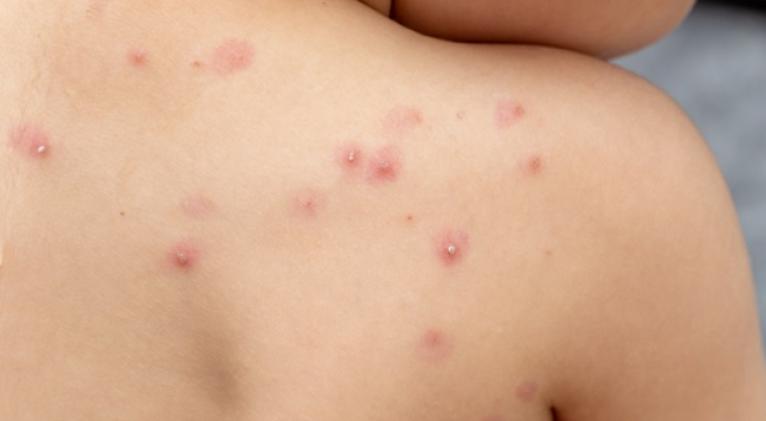
No cases of monkey-pox have been reported in Cuba so far, nor have cases of acute hepatitis of unknown cause in children, which also constitutes a health emergency in some countries.
Our country has a confrontation plan against these diseases and the National Health System is alert to both, based on the surveillance of cases with compatible symptoms and epidemiology, and the training of sector personnel, assured José Angel Portal Miranda, minister of Public Health.
The official site of the Ministry of Public Health (MINSAP) explains that the monkey-pox virus is a rare viral zoonotic disease, discovered in 1958.
There are two different lineages of the virus that transmits it: the one from Central Africa, which has caused mortality of up to 10%, and the one from West Africa, with a mortality of 1%. The current outbreak corresponds to this last lineage.
Among its forms of transmission, it occurs from the sick animal to the person from contact with its secretions, fluids or blood, contagion from person to person can also happen due to a prolonged face-to-face exchange that puts in contact direct with large respiratory droplets.
Infection could also occur through direct contact with body fluids or injuries to the skin and mucous membranes, as well as through contact with articles that have been contaminated, such as clothing for personal use or bedding.
The Minsap specifies that the first symptoms are fever, headache, muscle pain, swollen lymph nodes and fatigue.
“Between the first and fifth days after the onset of fever, the lesions appear, which are almost always on the head or face, and then progress to the limbs and trunk. The lesions dry up and heal on average between two and four weeks after arising.
The source adds that it is generally a disease in which patients evolve favorably. Severe cases occur mainly in children, pregnant women and immunocompromised people.




